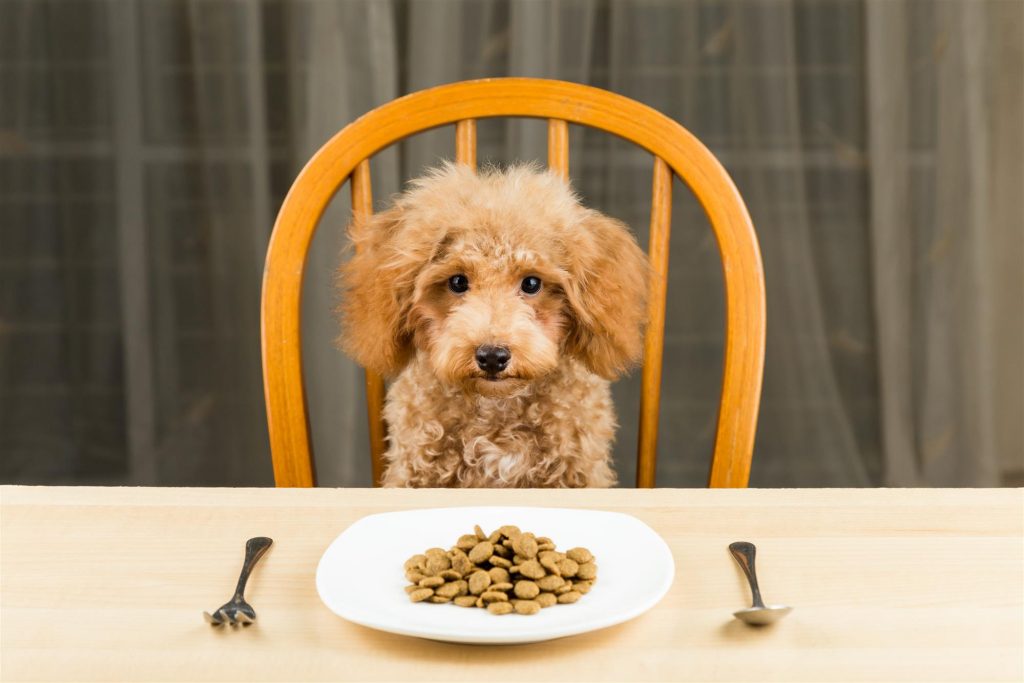What’s Actually in Your Pet Food?
Animal owners who love their pets will typically spend a lot of time caring for their health. This includes regular check-ups at the veterinarian, exercise outside, and good food. The food part of the equation takes a little more research than the other two. If you want to make sure that your dog has a good life and isn’t running in and out of the dog door due to their food, it is important to pay attention to the ingredients listed on the bag.
Corn and Grains
One of the most common and controversial ingredients in pet food is corn. If this is the first ingredient listed on your pet food, this means that the food is made mostly of corn, rather than meat. While corn isn’t especially bad for dogs, it shouldn’t really be their main source of nutrition, either.
As a pet owner, it is important to note that meat is always better. Though corn can provide some protein, it does not come with the healthy fat necessary for dog meals. Unfortunately, food with corn is much more affordable, so it is a tempting buy. Take a look at the side panel of the dog food to determine how much fat is inside of the food. If it is very little to none, it is likely that the food you are looking at has more corn than actual meat.
Meat and Meat Byproduct
Meat and meat by-products are some of the more important ingredients in dog food. Dogs need a healthy dosage of protein and fat inside of their regular diet. Foods that contain meat as the first ingredient are more desirable to feed pets.
Chicken, beef, and lamb are some of the most-used meats in dog food brands. It is important to get the actual meat rather than the meat byproduct. The meat meal that is used is the skin and meat of the type of meat used in the food. Meat byproduct can include any part of the animal, including:
- Organs
- Bones
- Feet
- Beaks
Some of these, like bones and feet, aren’t particularly nutritious, while others, like organ meats, are quite nutritious. That’s why it is important for dog owners to read the labels on the backs of food to determine if the meat is listed by its name or as a byproduct.
Vitamins and Minerals
Just like people, your dog will need to receive a variety of vitamins and minerals to keep their body healthy. The pet food label should list all vitamins and supplements within your chosen food. It should also include the source of the vitamin or mineral supplement itself.
If the pet food that you are inspecting does not list any vitamins, minerals, or supplements, consider another brand of food. A healthy diet could prevent your animal from experiencing diarrhea, stomach upset, or long-term health problems.
If you have questions about dog food, or if you need a new dog door after you upgraded your pet food to a more nutritious variety, feel free to reach out to Australia Pet Doors today.


